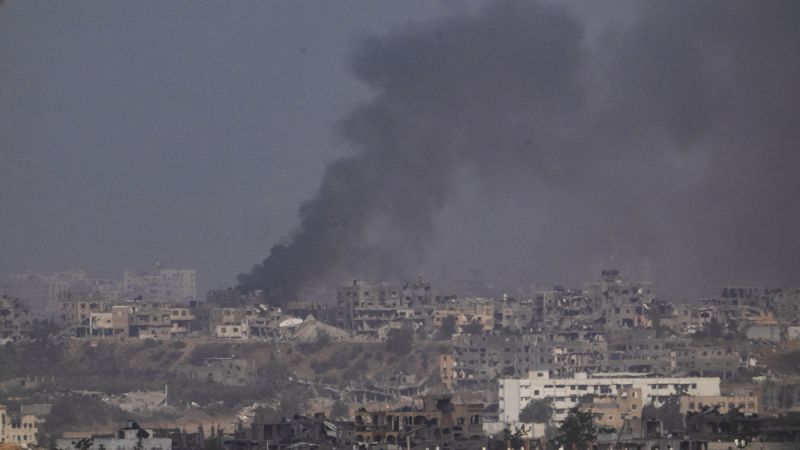Israel initially seized camera and broadcast equipment from The Associated Press in Sderot, Israel, but later decided to return them after facing backlash from US officials and press groups. Communications Minister Shlomo Karhi explained that the equipment was taken to re-evaluate broadcasts from sensitive locations due to the potential risk to Israeli forces. The AP had accused the Israeli government of abusive behavior and urged the return of their equipment to continue providing visual journalism to global media outlets.
The Israeli government’s decision to return the broadcasting equipment to the AP came after concerns were expressed by the White House, emphasizing the importance of a free press and the vital work done by journalists. While the AP welcomed the return of its equipment, it expressed ongoing concerns about the Israeli government’s use of the foreign broadcaster law and the ability of independent journalists to operate freely in the country. The Foreign Press Association also voiced alarm at the shutdown and confiscation, fearing that it could set a precedent for blocking international news agencies from providing live footage.
The Israeli government has recently taken steps to restrict press freedoms, including shutting down Al Jazeera’s operations in the country. The law approved by Israel’s parliament allows for the temporary closure of foreign networks considered a national security threat, with the potential for bans to be extended. Legal challenges to the law are pending in Israeli courts, with concerns raised about violations of freedom of expression and press freedoms. However, the Israeli Supreme Court declined to issue an emergency injunction against the law, but a hearing on the challenges is expected.
The confiscated equipment included a camera, tripod, microphones, and transmission equipment, prompting condemnation from press freedom groups and Israeli journalists. Reporters Without Borders criticized Israel’s actions, while the Union of Israeli Journalists called it a threat to press freedom and democracy. Israel opposition leader Yair Lapid also denounced the seizure, criticizing the government’s behavior and emphasizing the importance of upholding a free press. The Israeli government’s actions have raised concerns about the potential impact on press freedoms and journalistic independence in the country.


